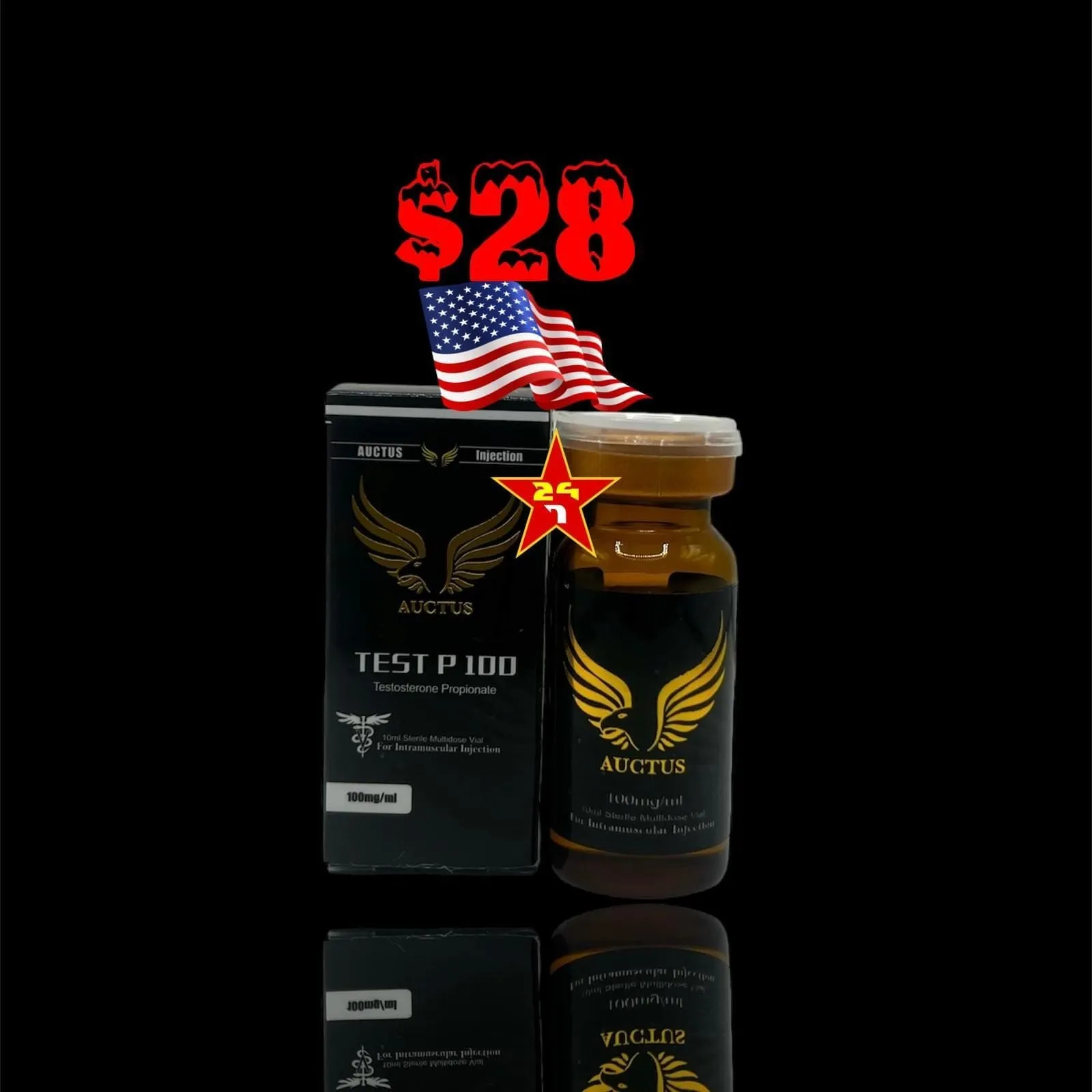
Understanding AAS: The Science Behind Anabolic Steroids and Their Effects

Anabolic Androgenic Steroids (AAS) have gained notoriety in the realms of bodybuilding, athletics, and popular culture, often seen as a shortcut to enhanced physical performance and muscular development. However, the science behind these substances is multifaceted, encompassing biochemistry, physiology, and even psychology. This article delves into the workings of AAS, their effects on the body, and the implications associated with their use.
What Are Anabolic Androgenic Steroids?
Anabolic steroids are synthetic derivatives of testosterone, the primary male sex hormone. The term “anabolic” refers to the steroids’ muscle-building effects, while “androgenic” pertains to the promotion of male characteristics. Medical professionals originally developed AAS to treat conditions like hormonal imbalances, delayed puberty, and muscle loss due to diseases such as cancer and AIDS.
Mechanisms of Action
AAS exert their effects through a complex interplay of molecular and cellular mechanisms:
1. Hormonal Interaction:
Upon administration, AAS bind to androgen receptors in various tissues, particularly skeletal muscle. This binding activates signaling pathways that stimulate protein synthesis, a process crucial for muscle growth and repair.
2. Nitrogen Retention:
AAS enhance nitrogen retention in the body, creating a positive nitrogen balance. This condition is essential for muscle hypertrophy and recovery, as it indicates that the body is synthesizing more protein than it is breaking down.
3. Inhibition of Protein Breakdown:
AAS help reduce the effects of catabolic hormones, such as cortisol, which promote muscle breakdown. By diminishing the activity of these hormones, AAS support a favorable environment for muscle growth.
4. Increased Red Blood Cell Production:
Some anabolic steroids stimulate erythropoiesis (the production of red blood cells) by mimicking erythropoietin. An increase in red blood cell count improves oxygen delivery to muscles, enhancing endurance and performance.
Effects on the Body
The potential benefits of AAS are often what attract users seeking to enhance athletic performance or physical appearance. These effects can include:
-
- Increased Muscle Mass: Users can experience significant gains in lean body mass due to enhanced protein synthesis and nitrogen retention.
-
- Improved Strength and Endurance: Enhanced muscle function contributes to increases in strength and stamina, allowing for more intense workouts.
-
- Faster Recovery: AAS can reduce recovery time between workouts, enabling more frequent training sessions and less muscle soreness.
Side Effects and Risks
Despite their attractive benefits, the use of AAS carries a risk of numerous harmful side effects:
-
- Hormonal Imbalance: AAS can lead to disturbances in the body’s natural hormone levels, resulting in conditions such as gynecomastia (breast tissue development in males), decreased libido, and infertility.
-
- Cardiovascular Issues: Increased risk of heart disease, hypertension, and adverse lipid profile changes (lower HDL and higher LDL cholesterol) have been linked to AAS use.
-
- Liver Damage: Oral steroids in particular can exert toxic effects on the liver, raising the odds of liver disease and tumors.
-
- Psychiatric Effects: Users may experience mood swings, increased aggression, anxiety, and symptoms resembling depression, commonly referred to as “roid rage.”
-
- Dependence and Withdrawal: The psychological dependency on anabolic steroids can develop, leading to withdrawal symptoms such as fatigue, depression, and decreased libido upon cessation.
The Legal and Ethical Landscape
AAS are classified as controlled substances in many countries, making their non-medical use illegal. Regulatory frameworks aim to eliminate abuses in sports and protect individuals from the adverse effects of unregulated usage. Organizations like the World Anti-Doping Agency (WADA) maintain strict bans on AAS in competitive sports, asserting that their use undermines the principles of fair competition.
Conclusion
Understanding anabolic androgenic steroids is crucial for anyone considering their use, whether for athletic performance or aesthetic purposes. While the scientific basis for their effectiveness is well-established, the health risks and ethical considerations present serious concerns. It is essential for individuals to make informed decisions, weigh the potential benefits against the dangers, and seek guidance from healthcare professionals when exploring options for enhancing fitness and well-being. Ultimately, a dedication to natural training methods, balanced nutrition, and holistic health remains the safest approach to achieving athletic and physical goals.







